Introduction: Korean Grammar -(으)면
Learning Korean grammar can be challenging, but breaking it down into manageable lessons can make it easier. Today, we will explore the grammar pattern ‘-(으)면,’ which is used to express conditions or “if” statements in Korean. This lesson will help you understand and use this conditional form effectively.
Learn Korean with JAEM Korean App: Improve your Korean with our app through free lessons and courses. And also, Join our 4-week challenge program to progress from upper-beginner to master level with Native Korean Coaches.
AI Writing Practice Program: Enhance your writing skills with JAEM TOPIK, our AI-powered practice program. Get personalized feedback and TOPIK tips to elevate your Korean writing.
Our Book: Don’t miss out on our comprehensive book that covers essential Korean language skills and strategies.
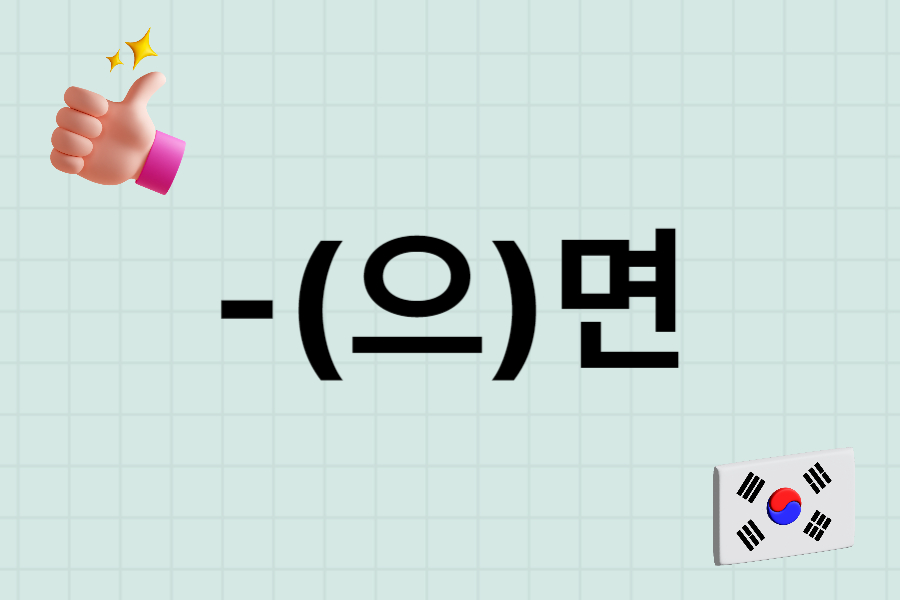
Jump to:
Grammar Explanation: ‘-(으)면’
The grammar pattern ‘-(으)면’ is used to express conditions, similar to “if” in English. It can be used with verbs, adjectives, and nouns, and is essential for forming conditional sentences in Korean.
Formation:
- If the stem ends in a vowel, add ‘-면’.
- If the stem ends in a consonant, add ‘-으면’.
| Type | Example Word | Stem | Conditional Form | Example Sentence |
|---|---|---|---|---|
| Verb | 가다 (to go) | 가 | 가면 | 가면 좋겠어요 (If you go, it would be good) |
| Verb | 먹다 (to eat) | 먹 | 먹으면 | 먹으면 건강해질 거예요 (If you eat it, you’ll become healthy) |
| Adjective | 크다 (big) | 크 | 크면 | 크면 좋겠어요 (If it’s big, it would be good) |
| Adjective | 춥다 (cold) | 춥 | 추우면 | 추우면 따뜻하게 입으세요 (If it’s cold, dress warmly) |
| Noun + 이다 | 학생 (student) | 학생 | 학생이면 | 학생이면 할인돼요 (If you are a student, you get a discount) |
Examples: -(으)면
Verb Examples:
- 집에 가면 = If you go home
- 집에 가면 쉬세요 = If you go home, rest.
- 시간이 있으면 = If you have time
- 시간이 있으면 저를 도와주세요 = If you have time, please help me.
- 날씨가 좋으면 = If the weather is good
- 날씨가 좋으면 산책합시다 = If the weather is good, let’s go for a walk.
Adjective Examples:
- 행복하면 = If you are happy
- 행복하면 웃으세요 = If you are happy, smile.
- 쉽면 = If it is easy
- 쉽면 시작하세요 = If it is easy, start.
- 비싸면 = If it is expensive
- 비싸면 사지 마세요 = If it is expensive, don’t buy it.
Noun + 이다 Examples:
- 선생님이면 = If you are a teacher
- 선생님이면 이 문제를 풀 수 있어요 = If you are a teacher, you can solve this problem.
- 학생이면 = If you are a student
- 학생이면 도서관을 이용할 수 있어요 = If you are a student, you can use the library.
- 의사면 = If you are a doctor
- 의사면 환자를 도와야 해요 = If you are a doctor, you have to help patients.
Usage in Context
When using ‘-(으)면’ in different contexts, it helps to express various conditional situations.
Everyday Contexts:
- 돈이 많으면 여행을 가고 싶어요 = If I have a lot of money, I want to travel.
- 친구를 만나면 커피를 마실 거예요 = If I meet my friend, we will drink coffee.
- 시간이 있으면 운동을 해요 = If I have time, I exercise.
Cultural Insight: In Korean culture, conditional sentences are often used to politely suggest actions or to discuss potential future plans.
Common Mistakes
Common Mistakes:
- Incorrect: 공부면 열심히 해야 해요 (Incorrect form for verb)
- Correct: 공부하면 열심히 해야 해요 = If you study, you have to study hard.
Mistake Explanation: Ensure you are using the correct form of ‘-(으)면’ based on whether the stem ends in a vowel or consonant.
Related Grammar Points
Explore these related grammar points to deepen your understanding:
- -(으)ㄹ 때: When
- -거나: Or
- -아/어야 하다: Must
- -아서/어서: Because
Practice Exercises
Practice Makes Perfect!
- Exercise 1: Conjugate the following verbs and adjectives with ‘-(으)면’.
- 가다 (to go)
- 먹다 (to eat)
- 행복하다 (to be happy)
- 춥다 (to be cold)
Answer Key:
- 가면, 먹으면, 행복하면, 추우면
- Exercise 2: Create sentences using ‘-(으)면’ for the following situations:
- If you have time, call me.
- If it rains, we will stay home.
- If you are a student, study hard.
Answer Key:
- 시간이 있으면 전화해 주세요.
- 비가 오면 우리는 집에 있을 거예요.
- 학생이면 열심히 공부하세요.
Download the workbook for more exercises and practice.
Summary and Conclusion: How to use ‘-(으)면’
Today, we covered the grammar point ‘-(으)면’ and how to use it to express conditions in Korean. This pattern is essential for forming “if” statements and discussing potential situations. Continue practicing with our workbook and check out related lessons for more in-depth learning.
If you have any questions or suggestions, feel free to comment below. Happy learning!
Learn Real Korean with JAEM!
Learn Korean with JAEM Korean App: Discover the best way to learn real Korean with our comprehensive app. Enjoy a wide variety of free lessons and courses designed to help you master the language. Also, our unique 4-week challenge program guides you from an upper-beginner level to a master course, all under the guidance of Native Korean Coaches. Whether you’re just starting out or looking to refine your skills, this program offers an effective path to fluency.
AI Korean Writing Practice Program: Take your Korean writing to the next level with JAEM TOPIK, our innovative AI writing practice program. This service provides personalized feedback and practical tips tailored to your learning needs. With a focus on improving your Korean writing, JAEM TOPIK also offers specific strategies for excelling in the TOPIK exam. Benefit from expert insights and targeted advice to enhance your proficiency and confidence in writing.
Our Book: Additionally, explore our comprehensive book that covers essential Korean language skills and strategies. This valuable resource complements our app and AI program, providing a holistic approach to mastering Korean.
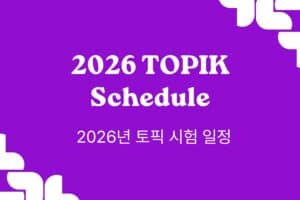
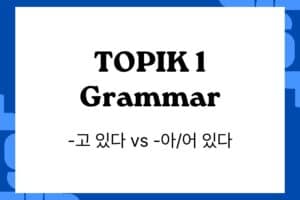
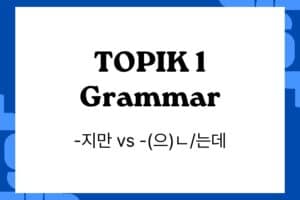
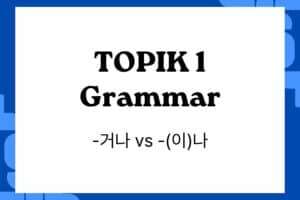
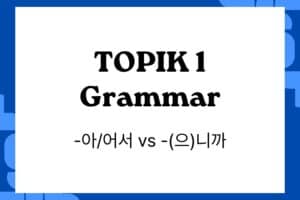
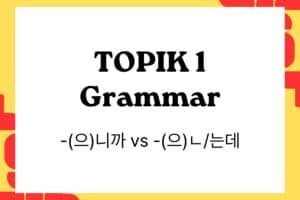
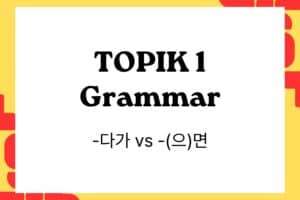
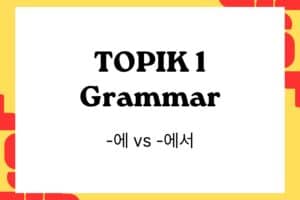
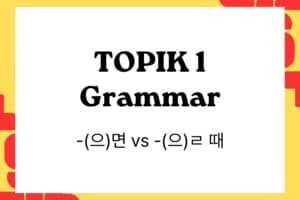
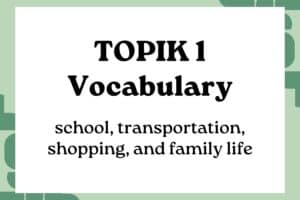
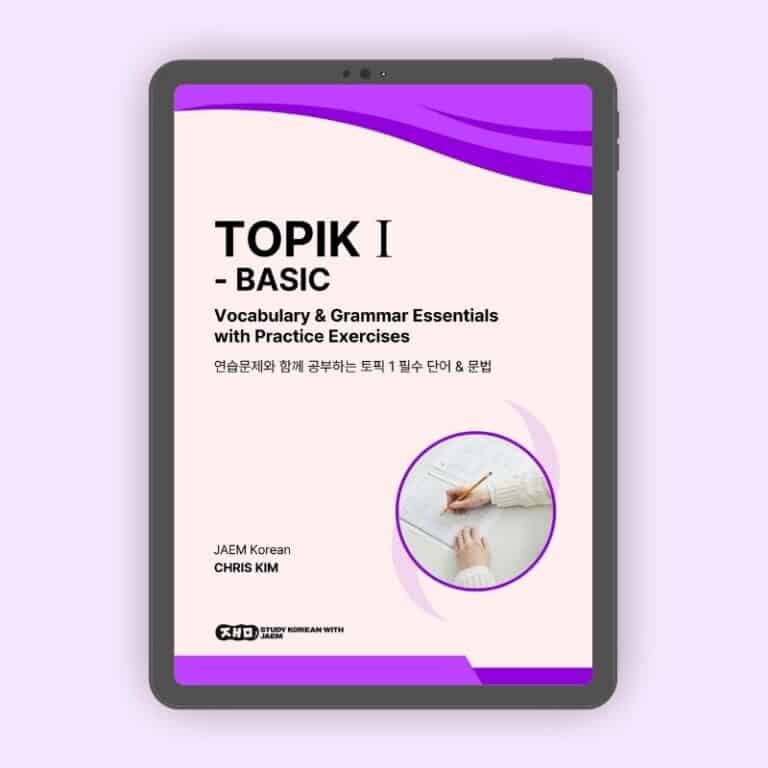
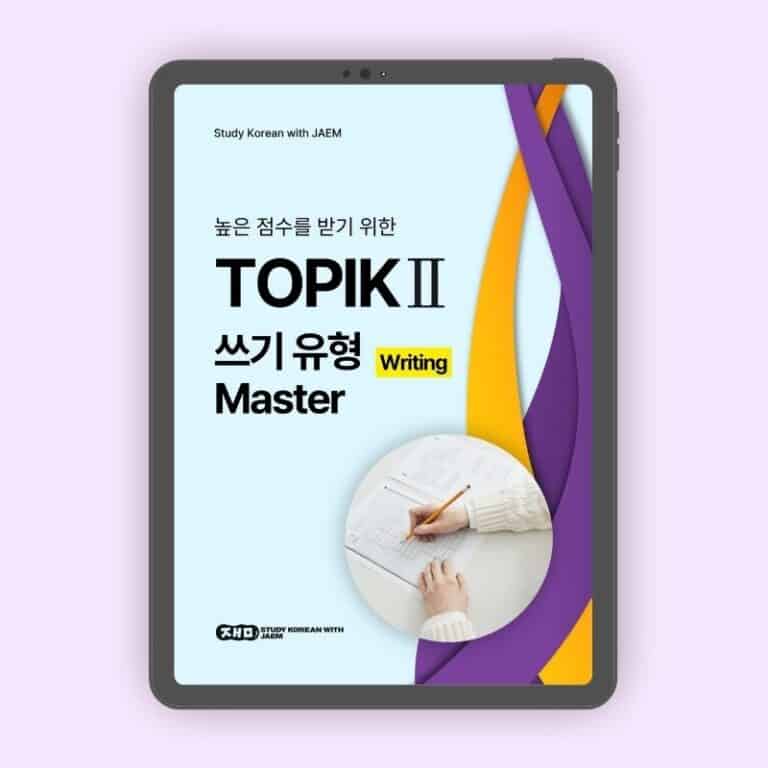
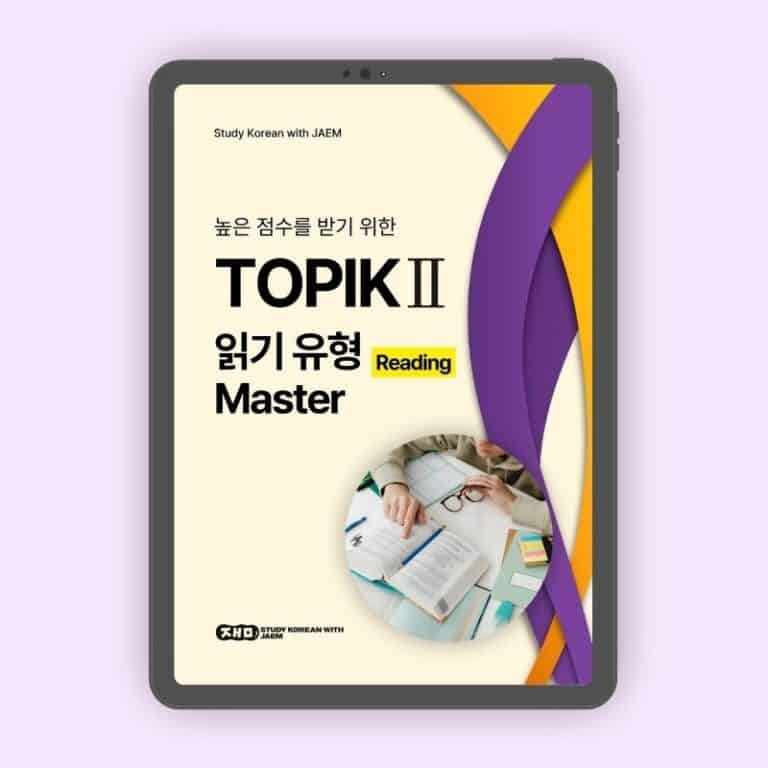

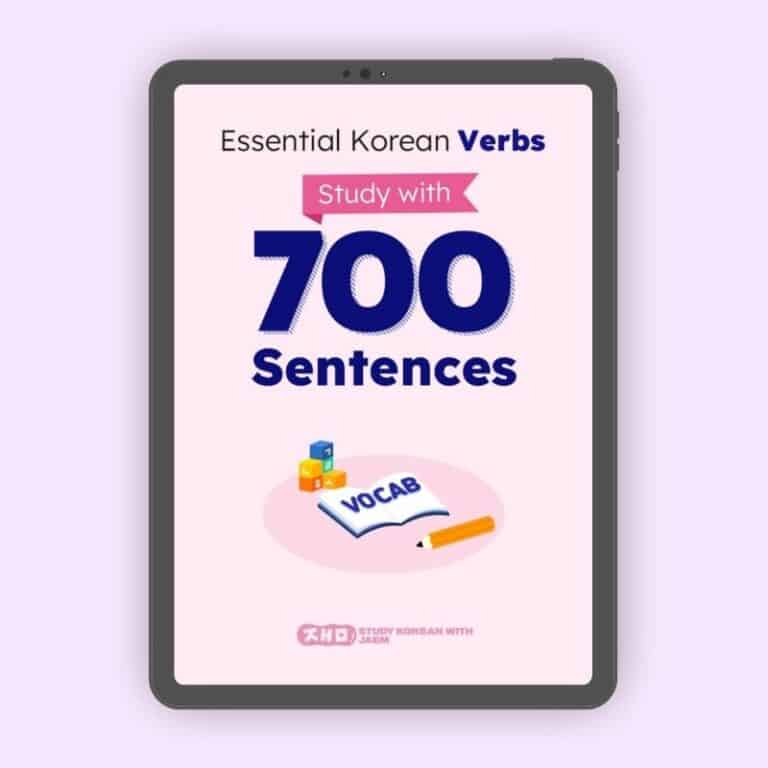
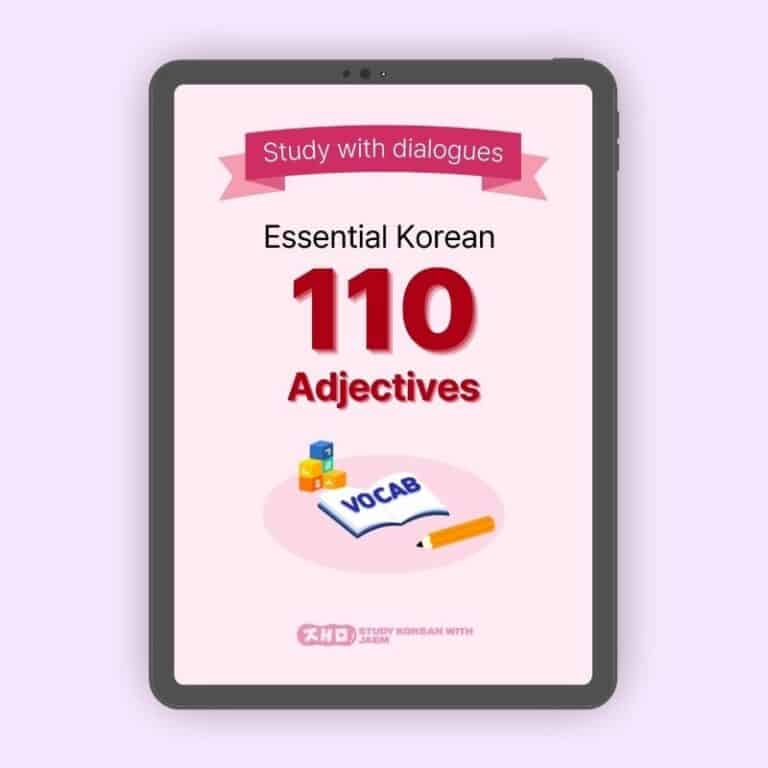
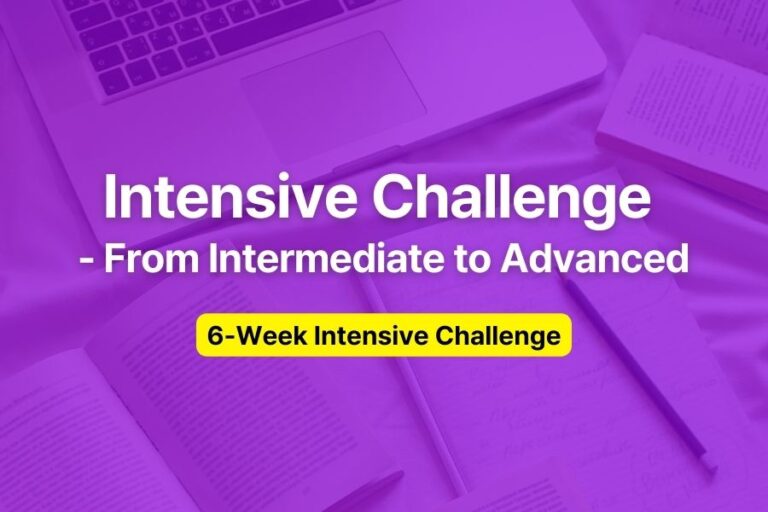
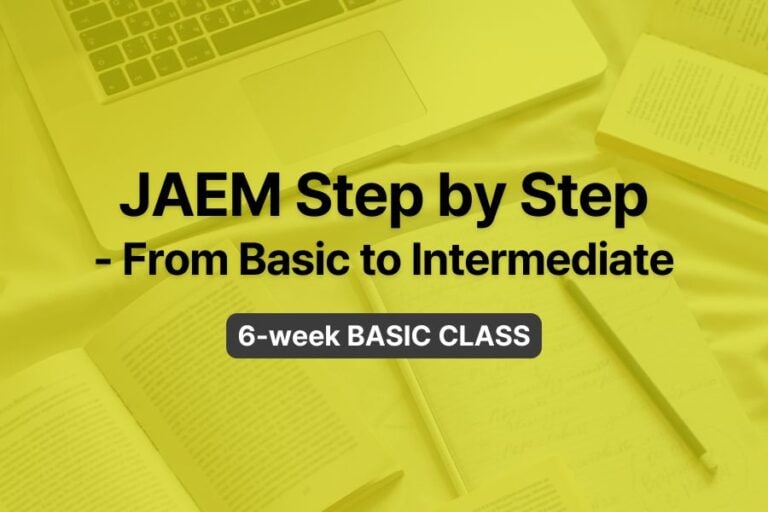

Responses